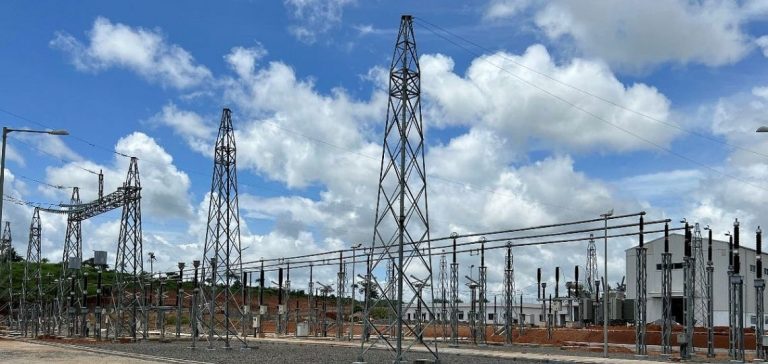The Millennium Challenge Corporation (MCC) formalized a 480-million-USD agreement with Sierra Leone’s government to improve electricity access. This five-year investment targets a country where around 70% of the population lacks reliable power. The program aims to strengthen the national grid to serve 4.6 million people, including households, businesses, and public institutions. The program, divided into three distinct projects, seeks to stabilize the sector and attract additional private financing.
Transmission Infrastructure Enhancement
The Transmission Backbone Project focuses on expanding the electricity transmission network. Sierra Leone’s current network is limited, leading to frequent outages and an inability to meet demand. This project aims to increase transmission capacity and facilitate electricity trade with neighboring countries. The infrastructure expansion will also support private energy projects, helping diversify the country’s power supply. Through this extension, the government aims to reduce service interruptions and improve grid reliability, essential for economic development.
Modernization of Distribution and Access
The Distribution and Access Project targets areas with low electricity connectivity, especially rural regions and certain urban communities. This project seeks to reduce losses and decrease electricity access costs. It is specifically oriented towards improving distribution in schools, health centers, and SMEs that heavily rely on stable power for their operations. This initiative should not only improve service quality for current users but also create a conducive environment for new electrification projects.
Reforms for Sector Sustainability
The Power Sector Reform Project focuses on structural reforms aimed at reducing service costs and attracting private investments. One of Sierra Leone’s main challenges remains the inefficient management of its electric grid, often hindered by high costs and unstable regulations. The project aims to modernize the legal and regulatory frameworks to make the sector more attractive to investors. Simultaneously, the program seeks to rationalize operational costs and strengthen the governance of state-owned energy companies often seen as underperforming.
Regional Perspectives and Implications
If these projects meet their goals, Sierra Leone could strengthen its position in the West African energy market, facilitating cross-border electricity exchanges with countries like Guinea and Liberia. An expanded transmission network would stabilize supply in urban areas while providing a solid foundation for future renewable energy expansion. However, the success of this program largely depends on the government’s ability to implement necessary reforms and maintain a stable political environment.






















